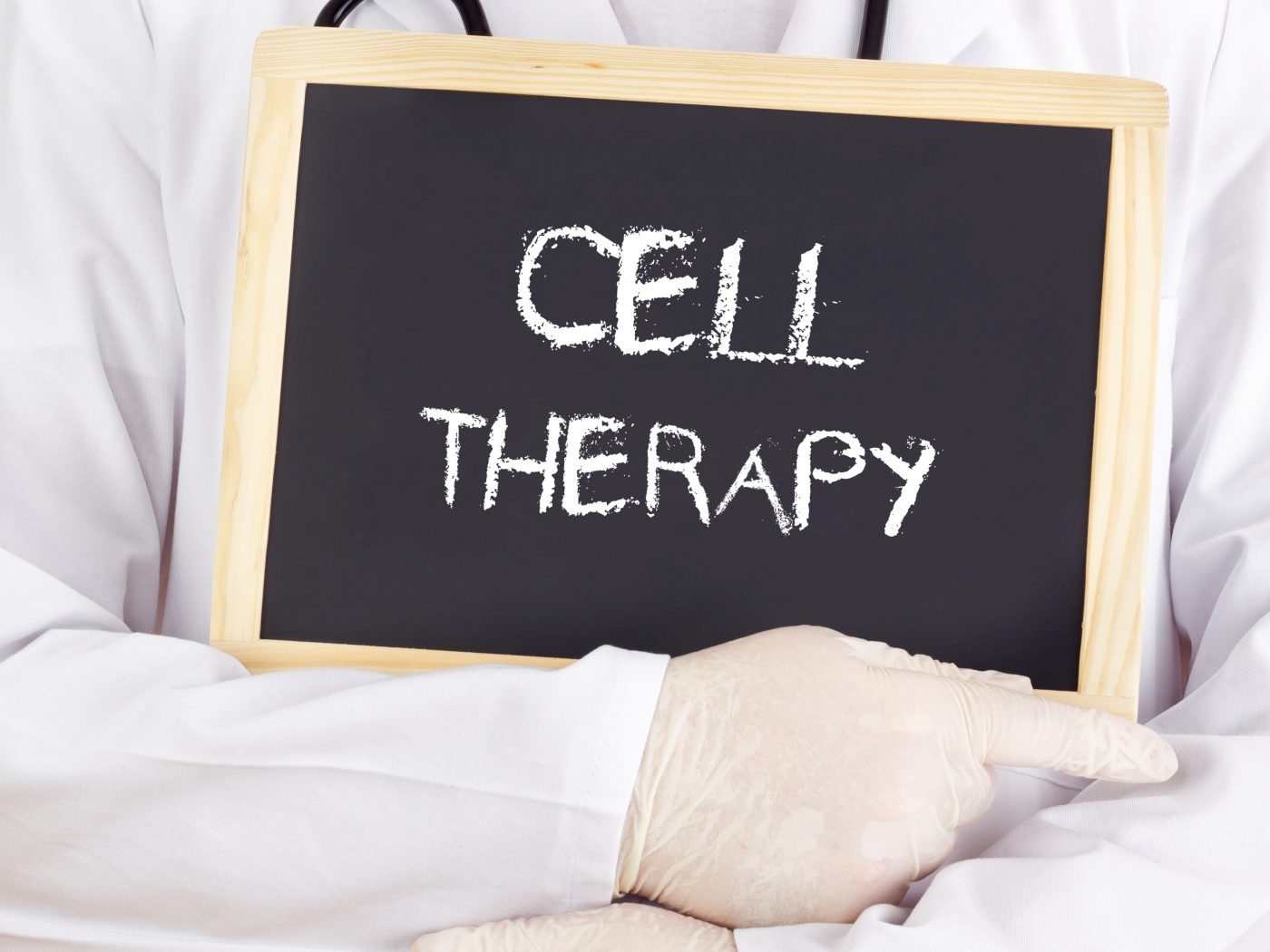Capricor’s CAP-1002 Does More Than Repair DMD Hearts, Study Finds

A one-time infusion of Capricor Therapeutics’ heart progenitor cell therapy CAP-1002 improved heart muscle function and reduced tissue scarring in a small group of patients with Duchenne muscular dystrophy.
The impact of the therapy, however, went beyond heart improvements, as the study demonstrated that CAP-1002 also improved hand and arm muscle function and strength.
“Because Duchenne muscular dystrophy is a devastating, muscle-wasting disease that causes physical debilitation and eventually heart failure, the improvements in heart and skeletal muscle in those treated with a single dose of CAP-1002 are very promising and show that a subsequent trial is warranted,” Dr. Ronald G. Victor, MD, associate director of the Cedars-Sinai Heart Institute and one of the trial’s primary investigators, said in a press release.
Victor presented data from the small clinical trial called HOPE Duchenne (NCT02485938) at the American Heart Association Scientific Sessions in Anaheim, California, last week.
“These early results provide hope for the Duchenne community, which is in urgent need of a major therapeutic breakthrough,” he said.
The study included 25 boys, ages 12 to 22, who had heart disease caused by Duchenne. They were randomly assigned a standard treatment or standard treatment with an addition of the CAP-1002 infusion.
The therapy consists of so-called cardiosphere-derived cells (or CDCs) which are grown from donor tissue. The cells were delivered through a catheter into the heart’s three coronary arteries. Earlier studies show that such cells boost cell regeneration and modulate immune processes.
Study analyses showed that — a year after the infusion — the treatment had reduced the scar area in the heart by 7 percent. Meanwhile, patients in the control group had an increase in heart scarring.
Among nine patients with the most severe disease, eight also experienced an improved skeletal muscle function, demonstrated by a range of hand and arm function tests. None of the control patients improved.
The main objective of the study was, however, to assess the safety of the treatment. Study participants generally tolerated CAP-1002 well, and researchers found no significant difference in the number of adverse events during the study in the two groups. No patients quit the study early because of adverse events.
Researchers did, however, note that the procedure triggered temporary atrial fibrillation — an irregular and often rapid heartbeat, which can, in turn, trigger other complications, such as heart failure.
Five of 13 treated patients experienced such fibrillation, which is a known risk of heart catheterization in people this age.
“This is the first trial to test cell therapy to treat heart disease in patients with Duchenne muscular dystrophy,” said Victor, in a separate release. “These early results show that further research is warranted and, in fact, is being planned.”
“We are now planning our Phase II trial, which will be a bit different,” Victor said. “Instead of a one-time infusion during a cath lab procedure, the patients will receive the CDCs in an intravenous drip, and will receive multiple treatments spaced over several months.”
Capricor has already received a green light from the U.S. Food and Drug Administration to proceed with this trial design, and is now awaiting an official approval to start. Meanwhile, researchers have already generated evidence that the intravenous approach is effective in animals.
“The need is great because there is no current treatment to address heart failure in these patients,” said Dr. Eduardo Marbán, MD, PhD, director of the Cedars-Sinai Heart Institute and the researcher who developed the cardiosphere-derived cell (CDC) technology used in the study.
“Generally, the primary cause of death in these patients is heart failure,” he said. “If we can slow or reverse heart failure in Duchenne patients, it will be a step forward.”
“These 12-month results extend our prior findings with CAP-1002 and further support its potential to serve those with Duchenne muscular dystrophy,” said Linda Marbán, PhD, Capricor president and CEO.






